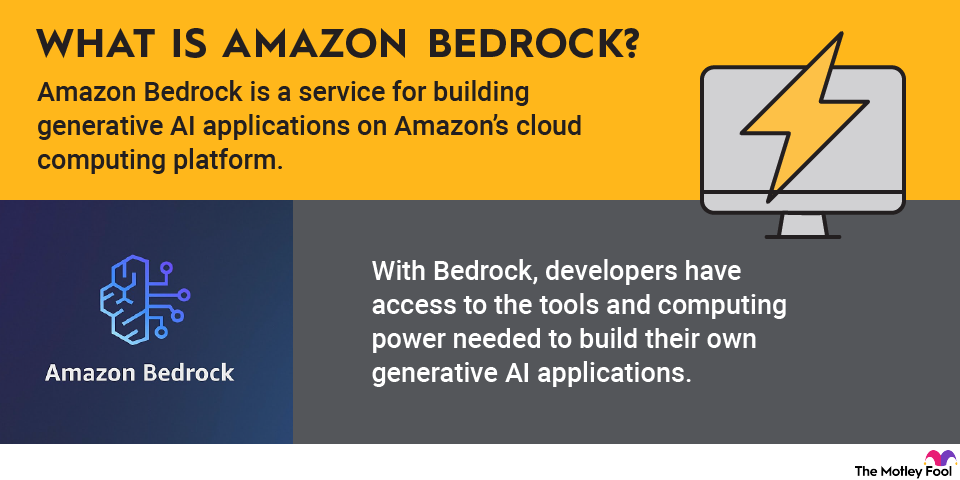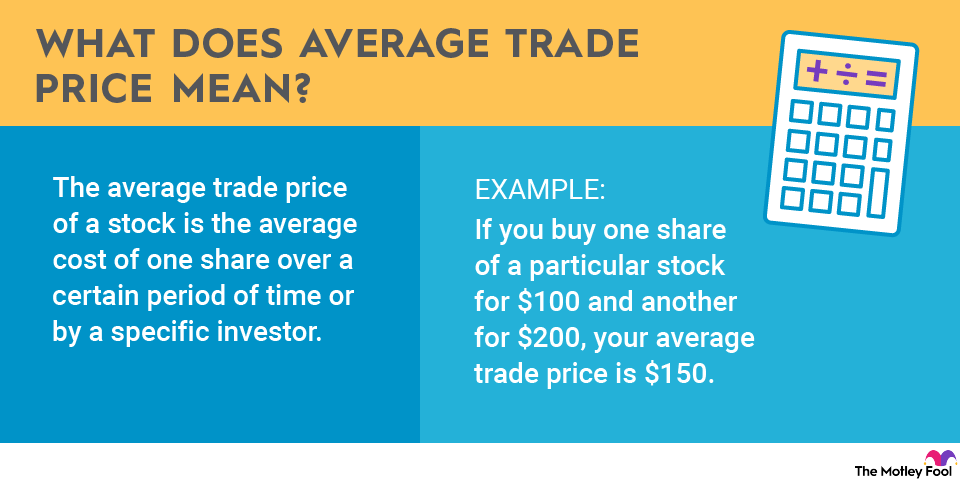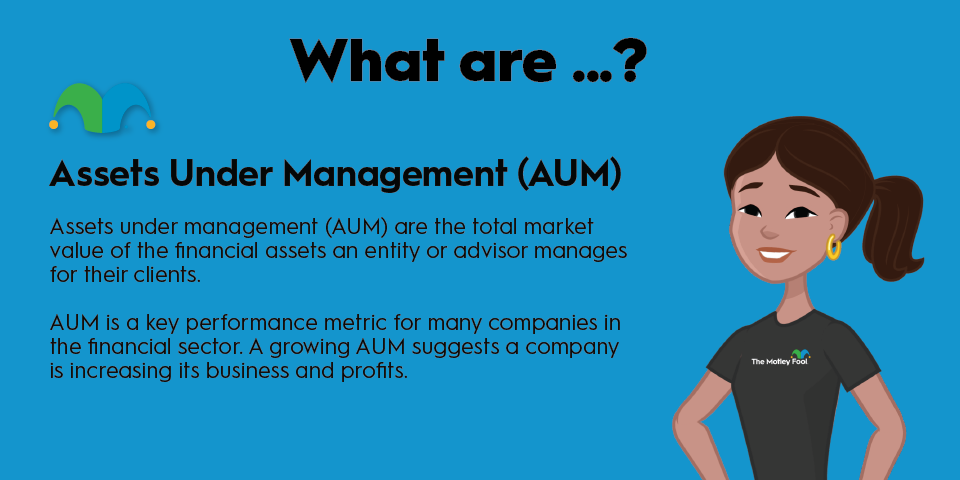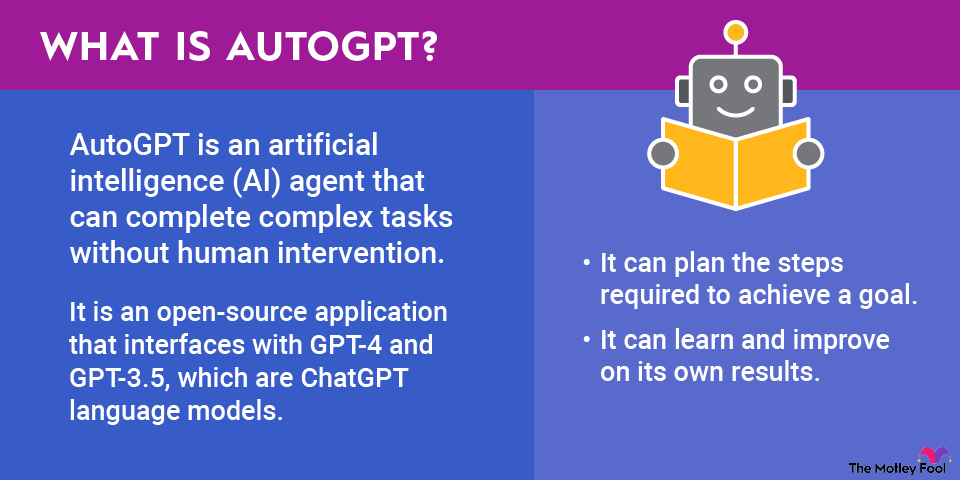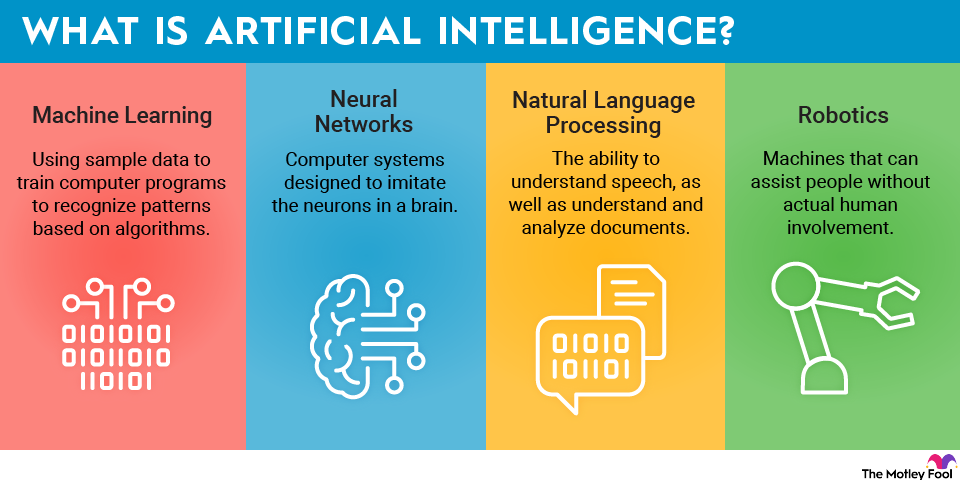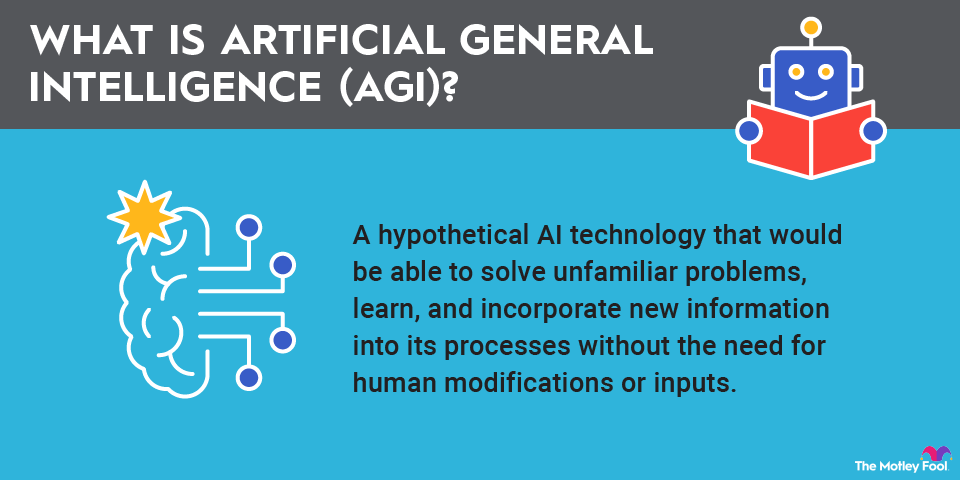What is the AIball database, and how do I use it?
The AIball database uses the power of artificial intelligence (AI) to evaluate the effects of AI across the landscape of public companies. One of the things we've always looked for as investors is win-win opportunities (where one company's success can help many others succeed) -- and we're turning to AI with the exact same mindset. Our goal with AIball is to create another win-win: combining the best of The Motley Fool's qualitative analytical frameworks with AI tooling.
When we launched the Moneyball database in 2024, Fool co-founder and CEO Tom Gardner wrote, "Moneyball is powered by artificial intelligence, informed by investing acumen, oriented to long-term business performance, and designed to help you make better investment decisions." By leveraging the principles of Moneyball, this AIball database aims to distill complex AI data into easy-to-understand insights, helping you make smarter, more informed investment decisions.
Put another way, we've aimed to leverage the power of AI to understand the impacts of AI on thousands of public companies. AIball's scores are not comprehensive analyses of valuation, regulatory risks, or other nuances involved in bottom-up fundamental analysis. Instead, they're a focused lens on AI readiness and potential, hopefully offering a new layer of understanding for long-term investors. AIball is meant as an aid to provide further context on the companies you own or are researching, or to uncover those you've never heard of before. This platform can serve as a springboard to more research.
How often is the database updated?
We intend to update the AIball database on a quarterly basis.
What do each of the scores mean?
Within the AIball framework, there are nine primary metrics -- Superscore, Execution, Integration, Innovation, Momentum, Potential, Surge, Offering, and Financial -- each aimed at illuminating different facets of a company's current AI prowess or future AI prospects. By consolidating substantial data sets into a concise set of scores, AIball aims to deliver targeted insights for investors trying to separate signal from noise when it comes to AI's possible effects on specific businesses.
Proprietary Column/Data Definitions
In alphabetical order:
AI Superscore
The AI Superscore acts as a comprehensive indicator of a company's overall AI strengths and opportunities (or, as the case may be, weaknesses and risks). The AI Superscore aims to provide a holistic assessment of a company's AI capabilities by combining all other dimension scores. It balances operational execution, technological integration, financial stability, and market perception to generate a single metric capturing overall AI strength. Companies with high AI Superscores demonstrate excellence across multiple dimensions of AI readiness and implementation.
Execution
The Execution score measures how effectively a company implements its AI strategy in the real world. It evaluates the quality of AI partnerships, product innovations, and overall market reception of the company's AI initiatives. Companies scoring high demonstrate strong execution through meaningful collaborations, successful product launches, and positive market sentiment.
Financial
The Financial score analyzes the company's overall financial health and stability as it relates to supporting AI initiatives. It examines cash-flow strength, balance sheet soundness, capital allocation efficiency, and profitability metrics to determine if the company has the financial foundation to sustain long-term AI investments. Companies with high financial scores demonstrate the necessary financial resilience to weather market fluctuations while advancing their AI strategy.
Innovation
Designed to evaluate a company's ability to develop novel AI solutions that create competitive advantages, the Innovation score examines the originality and effectiveness of AI products, the uniqueness of implementation approaches, and investment in forward-thinking AI capabilities. High-scoring companies demonstrate a strong culture of innovation that consistently produces distinctive AI applications that set them apart from competitors.
Integration
The Integration score assesses the degree to which AI is embedded within a company's core business operations and offerings. It measures how deeply AI technologies impact the company's products, services, and business processes. Companies with high integration scores have successfully incorporated AI as a fundamental component of their business model rather than treating it as a supplementary feature.
Momentum
The Momentum score aims to capture the short-term trajectory and energy surrounding a company's AI initiatives. It analyzes recent market perception, immediate public reception of AI announcements, and current buzz around the company's AI efforts. Companies with high momentum scores show positive near-term developments in their AI journey, generating fresh excitement and attention in the market.
Offering
Not a "score" per se, the Offering column within the AIball database attempts to categorize the company's AI-related products and services into one or more from the following list:
- Computing Power: AI computing resource provision
- AI Chips & Hardware: Physical AI components
- Cloud Storage: AI data storage systems
- Network Infrastructure: AI connectivity services
- AI Development Platforms: AI building/testing tools
- Ready-to-Use AI Services: Pre-built AI capabilities
- Industry Solutions: Industry-specific AI packages
- Data Services: AI data management/analysis
- AI Consulting: AI implementation services
- AI Software Products: Standalone AI software
- Foundation Models (companies specializing in large language models/foundation models)
- AI Security (specialized security solutions for AI systems)
- Computer Vision (specialized computer vision solutions)
- Robotics & Automation
- AI Research & Tools (companies focused on AI research tools/infrastructure)
- Not Applicable: No AI offerings
Potential
While the Momentum score looks at recent history and performance, the Potential score is all about the future. This score forecasts a company's capacity to capitalize on AI opportunities within its industry. It evaluates how central AI could become to the company's future business model, strategic positioning, and growth prospects. Companies with high potential scores demonstrate the strategic vision, partnerships, and capabilities needed to significantly benefit from AI advancements in their sector.
Surge
The Surge score measures the relative price momentum of a company's stock across multiple time frames. It evaluates recent price movements to identify companies experiencing sustained upward trends. Companies with high Surge scores show strong stock performance patterns.
Other Key Terms
In alphabetical order:
52-Week High
The 52-week high denotes the highest price at which a stock has traded during the previous year.
52-Week Low
The 52-week low denotes the lowest price at which a stock has traded during the previous year.
Avg. Volume 3M
This represents the average daily trading volume of a stock over the past three months, providing an insight into its liquidity and activity level during that period.
Beta
Measures a stock's volatility compared to the market as a whole. A beta greater than 1 indicates higher volatility, while a beta less than 1 signifies less volatility than the market.
Dividend Yield
Measures the annual dividend income an investor can expect to receive from an investment in a dividend-paying stock, expressed as a percentage of the stock's current market price. It is a critical metric for income-oriented investors who want to evaluate the potential return from their investments in dividend-paying stocks.
Enterprise Value
Enterprise Value represents the total valuation of the company, combining market cap, debt, and minority interest, then subtracting cash and cash equivalents to reflect the enterprise's full worth.
Float
Float refers to the number of shares available for trading in the public market, excluding those held by insiders and restricted stock, indicating market liquidity.
Follow
Gives you the ability to quickly and easily follow a stock in your My Stocks view.
Industry
The sector in which a company operates, such as technology, healthcare, or finance. It helps categorize businesses based on the products or services they provide.
Market Cap
Market capitalization is the total value of a company's shares of stock, calculated by multiplying the current share price by the total number of shares. It reflects the company's size and market value.
My Stocks
Allows you to filter results to include only stocks in your current My Stocks portfolios.
Quant: 5Y
Quant: 5Y communicates our overall conviction in a stock's ability to outperform the market over the next five years. Read more on this proprietary score here.
Shares Outstanding
Shares Outstanding refers to the total number of a company's shares that are currently owned by all its shareholders, including shares held by institutional investors and restricted shares owned by the company's officers and insiders.
Volume
Volume signifies the total number of shares or contracts traded for a specific security within a specified time period, reflecting the overall activity and liquidity of the market.




